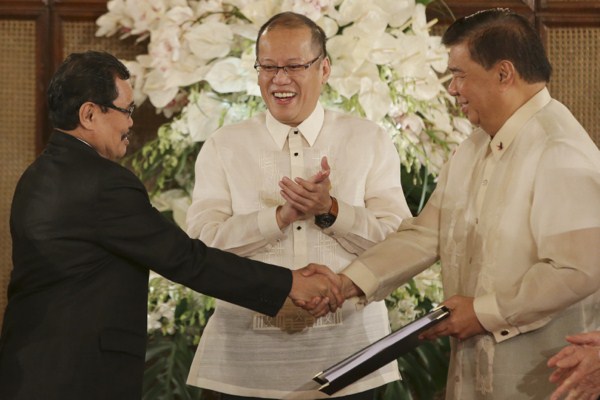The political fallout of a botched police raid in the southern Philippines continues to dominate international headlines and threaten the country’s burgeoning peace process with southern rebels. Forty-four police officers and 18 fighters of the Moro Islamic Liberation Front (MILF) lost their lives in the township of Mamasapano after what its mayor called a “misencounter” during a police operation to capture Zulkifli bin Hir—a senior leader of the Jemaah Islamiyah terrorist network with suspected ties to the MILF. The incident represents the largest single loss of life by Philippine police officers in recent history, and has significant political ramifications for the faltering peace process.
Several legislators in the Philippine Congress have already withdrawn their support for a bill that would have formalized the government’s commitment to the peace deal, known as the Comprehensive Agreement on Bangsamoro, signed last year. There have also been calls from notable quarters for a resumption of military operations against the MILF, most notably from former President and current Manila Mayor Joseph Estrada, whose administration pursued a declared “all-out war” against the MILF in 2003.
Assuming the government and MILF panels charged with negotiating and implementing the deal are successful in restoring confidence in the peace process, the involvement of several terrorist groups in the Mamasapano skirmish still begs the question: Has President Benigno Aquino’s government engaged all the relevant stakeholders and armed groups in its quest for peace? The presence of a wanted terrorist in Mamasapano and the operation of armed groups hostile to the government within the MILF’s territory does not bode well for the organization’s appearance as a willing partner-in-peace.

